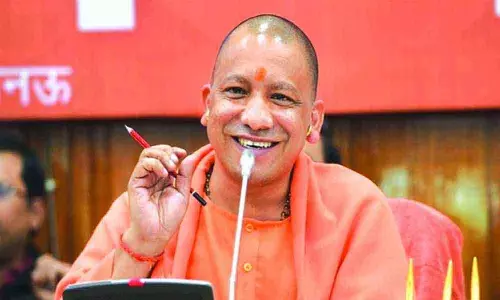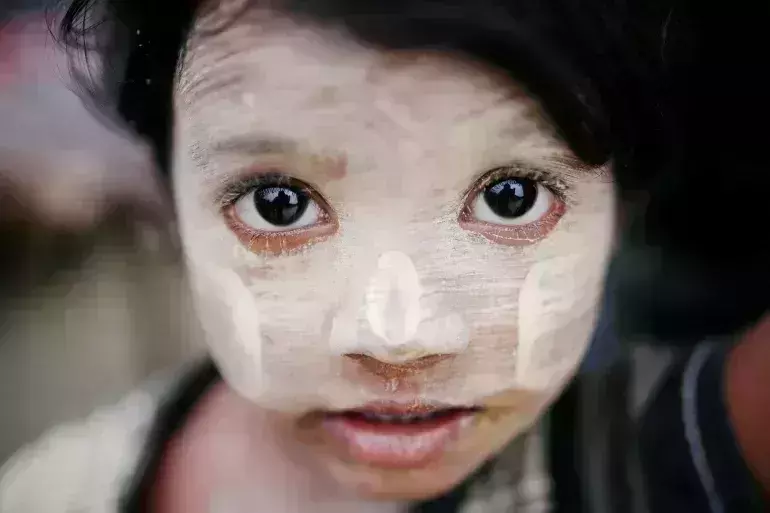
ICJ rejects Myanmar objections, Rohingya genocide case to move forward
text_fieldsThe initial objection raised by Myanmar regarding their responsibility for the Rohingya Muslims' genocide was rejected by the judges at the top court of the United Nations.
Friday's decision paves the way for the highly charged case brought by The Gambia to move forward at the International Court of Justice (ICJ), a process that could take years. Currently, under military rule, Myanmar argued that The Gambia, which had put forth the suit, had no standing to do so at the ICJ.
Judge Joan Donoghue, the judge presiding said the court had found that all members of the 1948 Genocide Convention had jurisdiction in the case and that all the members of the same were obligated to act to prevent genocide.
The judge, reading the summary of the ruling said, "The Gambia, as a state party to the Genocide convention, has standing." Subsequently, the merits of the case will be heard by the court, Al Jazeera reported.
This decision was welcomed by the Burmese Rohingya Organisation UK (BROUK).
"This decision is a great moment for justice for Rohingya and for all people of Burma. This ruling shows that there is a possibility to challenge to the military's impunity," Tun Khin, BROUK president, said in a statement. "The objections raised by Burma were nothing but a blatant delaying tactic, and we are pleased that this landmark genocide trial can now finally begin in earnest."
Although the court's decisions are binding and in general countries do follow them, there are no mechanisms in place to enforce them.
Two years ago, in an interim decision, Myanmar was ordered by the court to protect the Rohingya from genocide, which was seen as a legal victory that established their right as a protected minority under international law.
Nobel laureate and elected leader Aung San Suu Kyi was the representative of the Southeast Asian nation, who was ousted by the military in a February 2021 coup.
Speed up justice
A small group of pro-Rohingya protesters gathered outside the Peace Palace, the court's headquarters, with a banner that read: "Speed up delivering justice to Rohingya. The genocide survivors can't wait for generations."
A protester had stamped on a large photo of Myanmar's army chief and coup leader Senior General Min Aung Hlaing.
Akila Radhakrishnan, president of the Global Justice Center said in a statement, "Since it seized power in a coup last February, the military junta's violence and criminality has only deepened".
"Though we've seen strong condemnation and some bare accountability measures from the international community, the people of Myanmar continue to suffer under this brutal regime. And though this case is just one of many roads toward justice, its resolution would be a major step towards justice and a sustainable, democratic Myanmar."
Canada and the Netherlands have backed The Gambia's case at the ICJ, and rights groups say more countries should follow their lead.
"Jurisdiction in this case is settled," Fortify Rights Chief Executive Officer Matthew Smith said in a statement. "The international community should immediately get behind The Gambia in this case and support other efforts across mechanisms to hold the Myanmar military to account for its horrific crimes against the people of Myanmar."
In 2017, the Myanmar military launched what it called a clearance campaign in Rakhine state following attacks by Rohingya armed groups. More than 700,000 Rohingya were forced to flee to neighbouring Bangladesh. Myanmar security forces have been accused of gang-rapes, murders and burning of the homes of thousands of Rohingya.
Despite the persecution, some Rohingya remained in Rakhine.
Human Rights Watch described the conditions of the 'displacement' camps in which more than 100,000 people live as "squalid and abusive", with "severe limitations" on their movement, education and health care. The situation of the Rohingya in Rakhine who are not allowed to leave is described by Amnesty as apartheid.
In March, US Secretary of State Anthony Blinken declared that the violence against Rohingya by the Myanmar military is a genocide.
The ICJ rules on disputes between states and are not affiliated with the Hague-based International Criminal Court, which holds individuals accountable for atrocities.
Crimes against Rohingya are being investigated by the prosecutors at the ICC. A genocide case has been filed by BROUK in an Argentine court under the principle of universal jurisdiction, which allows courts to prosecute violations of international law anywhere in the world.
























